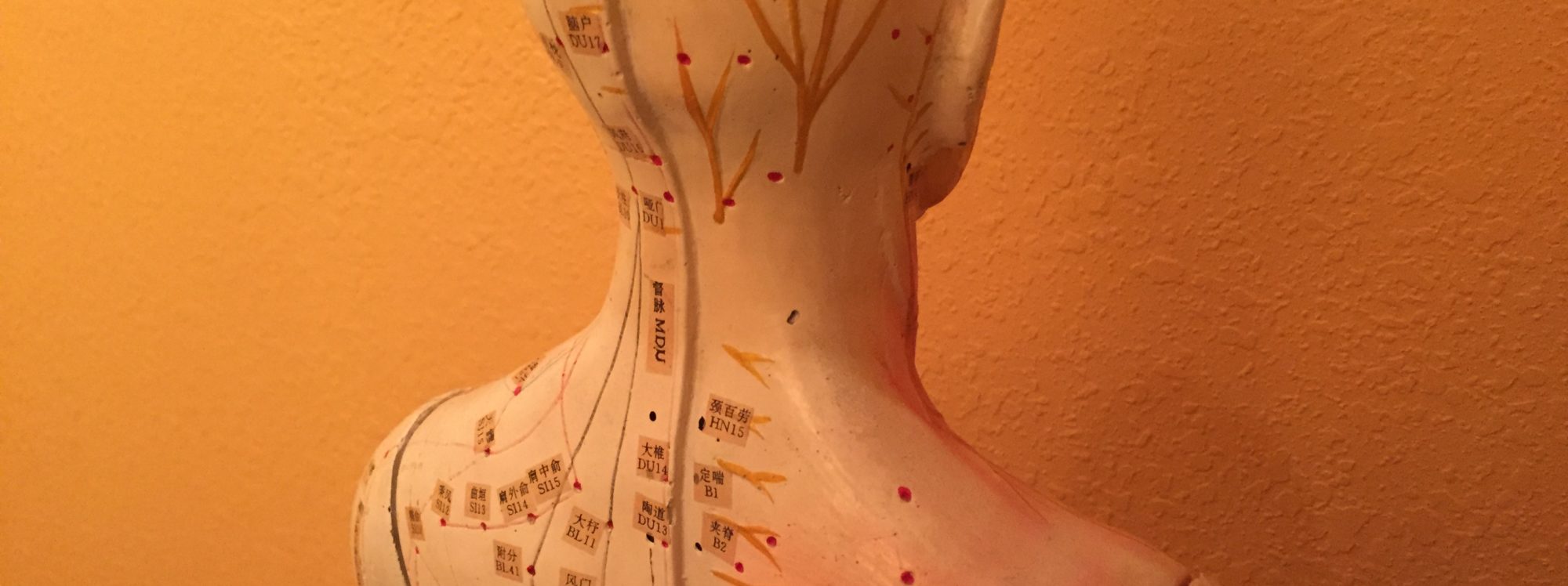Freedom is an enticing, perhaps elusive, concept to most of us. We know we want it but we are not even sure what it would look like. What is apparent is that few of us feel like we are truly experiencing it right now.
Freedom is not given to us by anyone; we have to cultivate it ourselves.
Thich Nhat Hahn
There are many things that can prevent us from experiencing freedom in our day to day lives, one important factor is trauma. To be clear, trauma is not an event or series of events in our lives but rather our reaction to those events. For one person an event may me extremely traumatic and for another completely inconsequential. What is relevant is that most of us have trauma that we carry locked in our bodies and it affects all aspects of our health both physical and mental. Because trauma affects how we perceive and interact with the world, it can be a profound constraint on our ability to live freely. In his groundbreaking new book The Myth of Normal, author Gabor Mate argues compellingly that the very nature of our current culture is inherently traumatic. Mate builds upon the work of visionaries such as Bessel van der Kolk, author of The Body Keeps the Score, and explores the way our experiences get trapped in our bodies, deeply affecting our health and well being.
It is clear now that trauma is physiological, it is in our bodies, therefore somatic therapies are essential to recovery. Polyvagal theory demonstrates that the trauma we experience becomes ingrained as postural habits. The dorsal vagal, fight, flight, or flee/freeze, response is encoded in our bodies with a forward projected head, slumped shoulders, and tight chest. It is important to note that this posture is overly common in our society due to overuse of computers. There is strong evidence to suggest that this posture can be acquired through habitual body use patterns and then take on the appearance of trauma in our life. Trauma tends to negatively affect our perception such that we perceive threats when they are not there which then goes on to reinforce our traumatic, disregulated outlook.
The good news is that we can access the embodied trauma we carry through somatic therapies such breath work and trauma informed manual therapy. Much healing can also be achieved through mindfulness meditation and movement therapies such as Tai Chi, qigong, and yoga.
If you are interested in deepening your healing journey and unlocking trauma patterns in your body, please consider contacting Devon here to discuss a strategy that best suits your needs.
